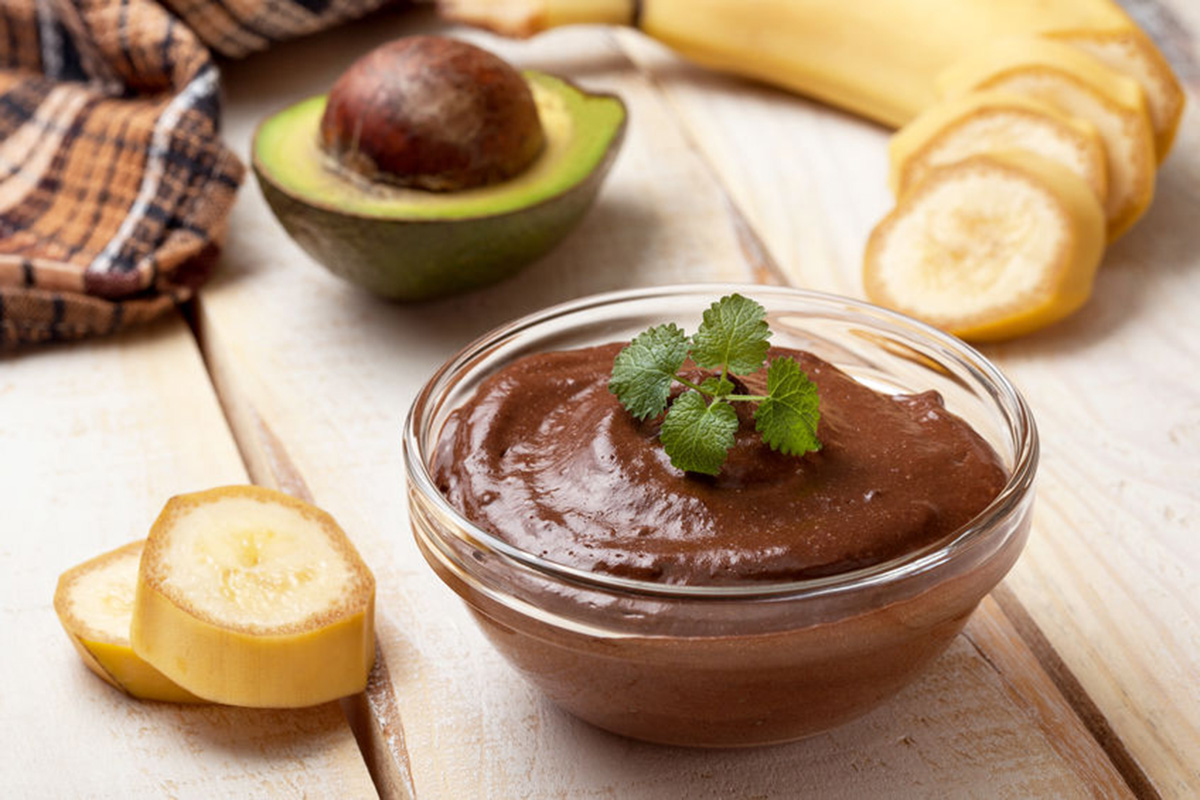What do most high-achieving professionals have in common? They don’t realize their stressed.
Here’s why; most people think of stress as a worked-up emotional state, but that’s not always the case. You don’t have to feel stressed in order for your body to be undergoing a significant stress response. Which means, you might not even know it’s happening.
Well, you might know if you start to have symptoms. But again, most people don’t realize that things like interrupted sleep, sugar cravings, weight gain, fatigue, low mood and headaches are signs of increased stress response. Did you?
This post sheds light on some natural ways to lower cortisol, which is our key stress hormone. When cortisol levels are chronically elevated you’ll end up with symptoms like the ones I mentioned above, and more.
STRESS!!!
Its causes are absolutely everywhere. Whether you realize it or not, there are a number of factors including artificial lighting, sounds, smells, and emotional stress (think: action movies) that can increase your stress level without you even realizing it.
You don’t have to feel “stressed” for your body to be under stress. That’s why stress can be an undetected problem.
Our natural “fight or flight” stress response can sometimes go a little overboard. It’s supposed to help us escape injury or death in an emergency and then return to normal after we’ve fought or fled. But, in today’s society, it doesn’t happen that way- stress becomes a long-term reaction. It becomes chronic.
You’ve probably heard of the main stress hormone cortisol. It’s released from your adrenal glands in response to stress. It’s also naturally high in the morning to get you up and going, and slowly fades throughout the day so you can sleep at night.
Did you know that excessive levels of cortisol are associated with belly fat, poor sleep, brain fog, high blood pressure, high blood sugar, and even lowered immune response?
Sound familiar? Well, then read on because I have a list of foods, nutrients and lifestyle recommendations to help you lower this stress hormone naturally.
Foods and nutrients to lower cortisol
Let’s start with one big thing that increases your cortisol… sugar. Reducing the sugar we eat and drink can be a great step toward better health for our minds (and bodies). Remember this one during holidays when sweet treats and sugary drinks are being passed around.
High doses of caffeine also increase your cortisol levels. If coffee makes you feel anxious and jittery, then cut back on the amount of caffeine you ingest.
Also, being dehydrated increases cortisol. Make sure you’re drinking enough water (8-10 glasses) every day, especially if you feel thirsty.
Note: Coffee + sugar = dehydration …see where I’m going with this. You might want to re-think your flavored latte, or daily double double, it could be contributing to excess cortisol.
Eat a variety of nutrient-dense whole foods; this doesn’t just help reduce stress hormone, it helps all aspects of your health.
Lower your cortisol levels with tea and dark chocolate (not sugary milk chocolate). Have a bit, if you’d like, to help you unwind.
Don’t forget your probiotics and prebiotics! There is so much new research about the gut-brain connection, and how taking care of your friendly gut microbes is key to mental and emotional health. Make sure you’re eating probiotic rich fermented foods and getting a healthy dose of prebiotic fiber from whole foods like vegetables.
Lifestyle techniques to lower cortisol
It’s not just food, but there are things you can do with your time that can lower cortisol.
Reduce your stress with mindfulness. Many studies show that reducing stressful thoughts and worry reduces cortisol.
Get enough exercise (but don’t overdo it). While intense exercise increases cortisol levels temporarily, it can reduce overall cortisol levels.
Get enough sleep!
Getting adequate sleep is way too underrated. Sleep reduces cortisol levels and also helps improve your overall health in so many ways.
Relax and have fun. Things like deep breathing, massages, and listening to soothing music all reduce cortisol.
Be social and deepen your relationships to overcome loneliness. It’s true that science has shown health risks from social isolation and loneliness. Maintaining good relationships and spending time with people you love and who support you is key.
Conclusion
Too much of the stress hormone cortisol can have several negative impacts on your health. There are many proven ways to reduce levels of cortisol naturally.
In terms of foods and nutrients, have less sugar and caffeine. And have more water, fruit, tea, dark chocolate, probiotics, and prebiotics.
Lifestyle factors are huge when it comes to cortisol. To lower yours, exercise (but not too much), get more sleep, relax, and have more fun.
In the comments below, let me know your favourite ways to bust the stress hormone cortisol.
Recipe (High fiber prebiotic): De-Stressing Chocolate Pudding

Serves 6
3 ripe avocados
¼ cup cacao powder (unsweetened)
¼ cup maple syrup (or sub for 1 ripe banana)
½ tsp vanilla extract
1 pinch sea salt
Instructions
Place all ingredients into a food processor and blend until smooth.
Serve & enjoy!
Tip: Try adding a pinch of cinnamon for a deeper flavour.
References:
https://authoritynutrition.com/ways-to-lower-cortisol/
http://www.precisionnutrition.com/all-about-cortisol
https://authoritynutrition.com/16-ways-relieve-stress-anxiety/
https://www.thepaleomom.com/managing-stress/
http://www.health.harvard.edu/staying-healthy/understanding-the-stress-response


